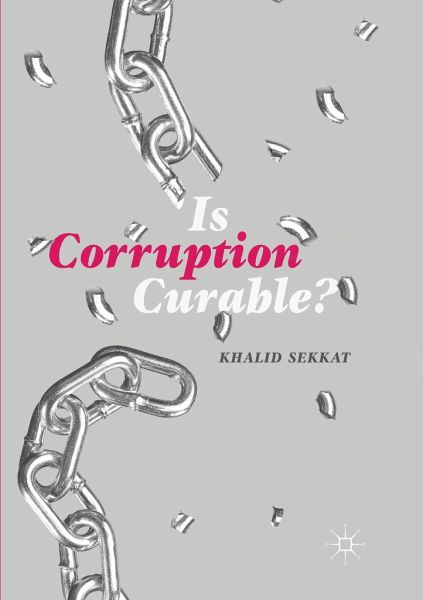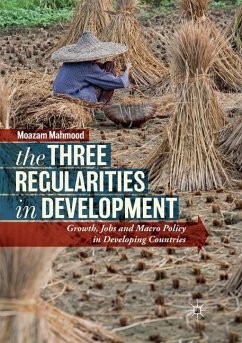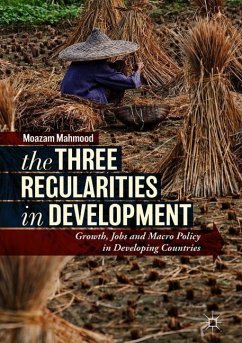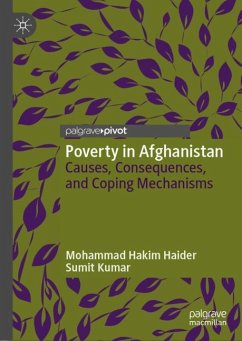
Is Corruption Curable?
Versandkostenfrei!
Versandfertig in 6-10 Tagen
91,99 €
inkl. MwSt.
Weitere Ausgaben:

PAYBACK Punkte
46 °P sammeln!
This book explores how corruption is now widely recognized as a major "disease" which threatens not only economic development but also the foundations of societies. As well as examining the causes and consequences of corruption, this book also offers a deep analysis of possible cures. It discusses the solutions that have been adopted in different countries and at the international level in order to curb corruption. Previous analyses have focused mainly on the causes and consequences of corruption but by analysing the different solutions that have been adopted around the world, and the reason o...
This book explores how corruption is now widely recognized as a major "disease" which threatens not only economic development but also the foundations of societies. As well as examining the causes and consequences of corruption, this book also offers a deep analysis of possible cures. It discusses the solutions that have been adopted in different countries and at the international level in order to curb corruption. Previous analyses have focused mainly on the causes and consequences of corruption but by analysing the different solutions that have been adopted around the world, and the reason of their successes or failures, this book seeks to help national and international policy makers in setting an effective anti-corruption strategy.
The book will be of particular interest to researchers, students, scholars and practitioners working on corruption.
The book will be of particular interest to researchers, students, scholars and practitioners working on corruption.












